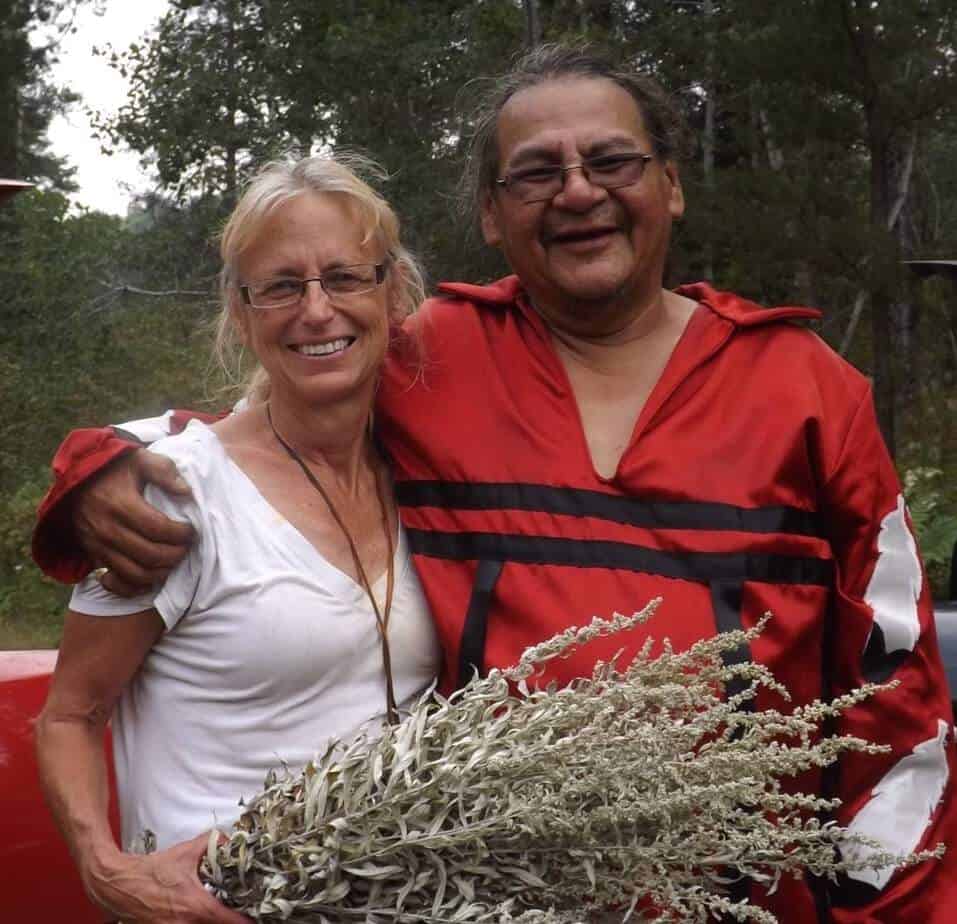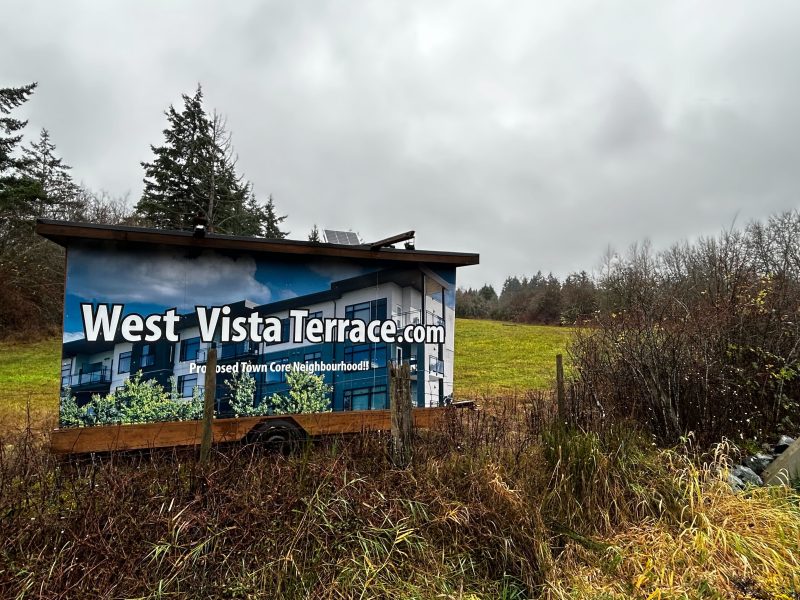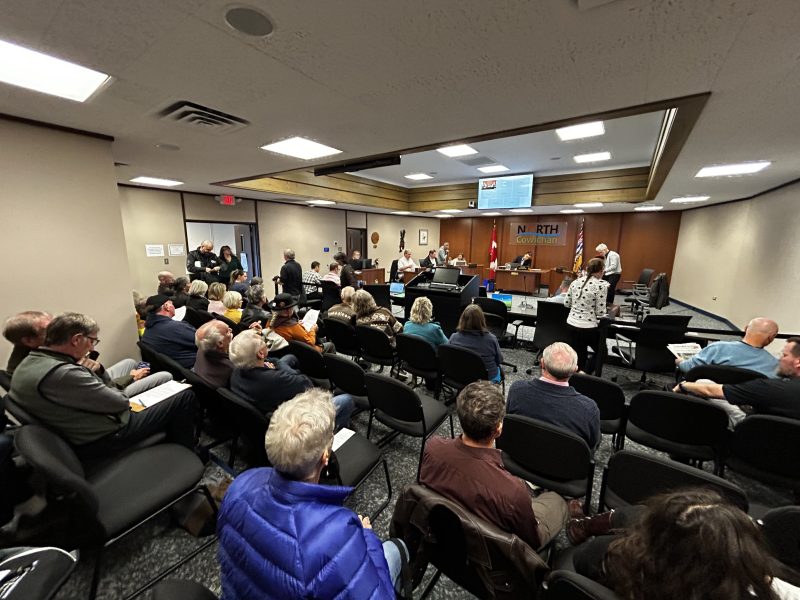
If you are new here, welcome. If you’ve been following my work for the past weeks and months, welcome back.
Last Friday, I launched a poll to help guide my reporting here in the Cowichan Valley. It was exciting to watch as it spread across Facebook, and many people I have never met shared, commented and responded.
More than 60 people have voted so far on what investigation they would like me to undertake. The poll is still live so if you haven’t had a chance to vote, you have until March 31.
So far, most of the people who responded want me to investigate what’s going on with the proposed expansion of the Vancouver Island Motorsport Circuit. I have to say I’m a bit surprised, as the other two issues I presented — the Cowichan Weir and forestry impacts on water — seemingly impact more people. My guess is that, while fewer people may feel directly impacted by the motorsport circuit issue, those people feel those impacts quite strongly and are highly motivated to do something about it, and get a conversation started. Whatever the outcome of the poll, I’m excited to get started.
Since I began this work, I’ve seen a few comments on Facebook and in the poll responses that suggest that some people are not really sure about me, and they’re wondering who I am and what sort of agenda I might have. That’s fair! I’m relatively new to this community, and even newer to doing journalism here.
In the spirit of getting to know each other, I’d like to share something with you. This week I’m in Ontario to mark the first anniversary of my mother Barbara Ronson-McNichol’s death. She spent the last years of her life in Cartier, Ontario, with her husband Clyde McNichol, who is Anishinaabek.
There, she had two major passions. One was running Camp Eagle Nest, which provided opportunities for youth and families to connect with the land and learn Indigenous traditions from elders. The second was protecting forests from logging around nearby Benny Ontario, where many of the camp activities took place, where Clyde grew up and where many of his ancestors are buried.
She had few resources for her work, but she gave everything she had, even if it meant going without food so others could eat, or spending a night in jail for blocking a logging truck’s path when other tactics failed.
I admire my mother’s willingness to fight for what she believed in, and I admire most of all her ability to serve as a bridge between communities. At her memorial services a year ago, many spoke of her ability to form and maintain connections between people from all walks of life. In her Northern Ontario community, she was a conduit for new conversations between First Nations people and settlers on what reconciliation might look like for them.
My role as a journalist isn’t to push for one outcome or another, but to build a space for informed discussions that help people make sense of what’s happening around them. My job is to listen.
I hope you’ll get to know me better, and I’d like to get to know you better, too. Cowichan has great strength in the diversity of people that choose to make a life here, and I hope to hear from as many people as possible.
Please get in touch by email or on Facebook with your comments or feedback. [end]



